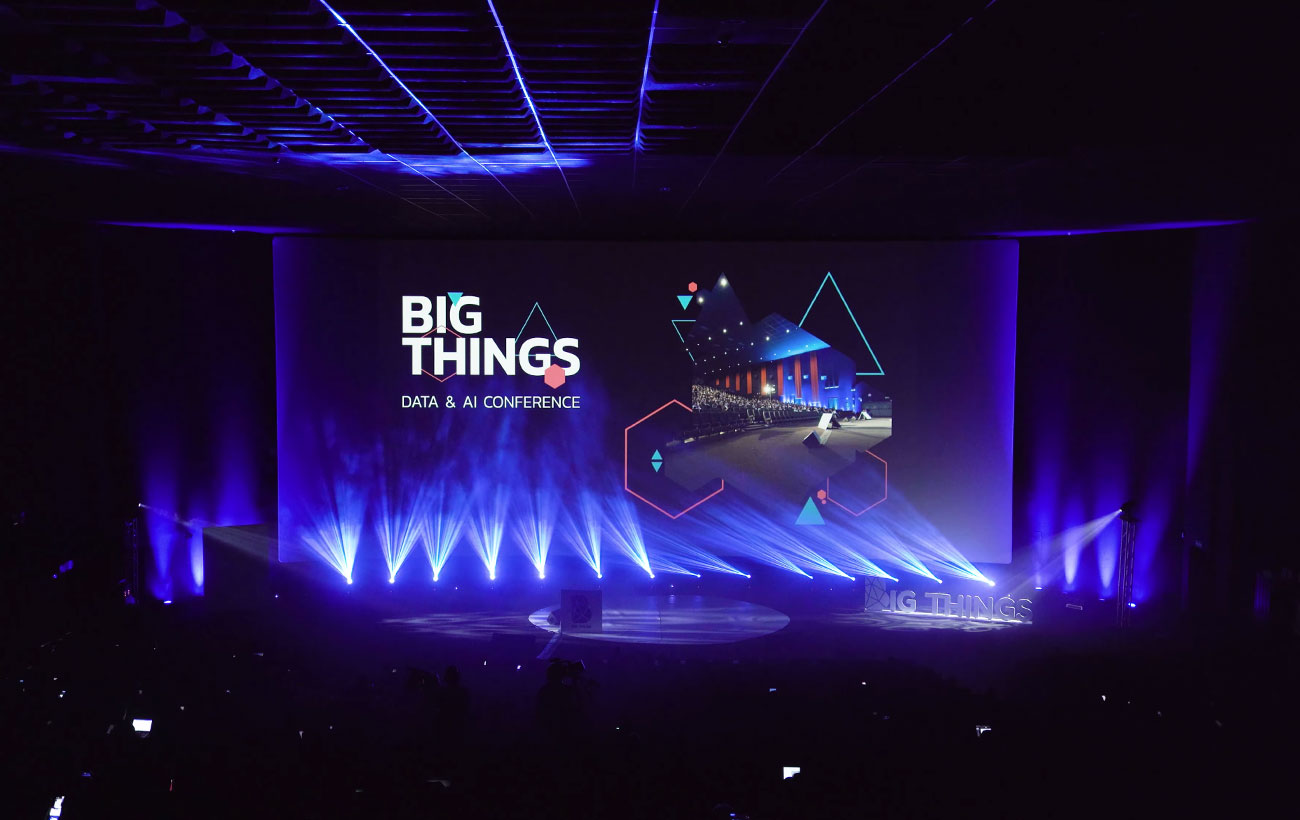Over the last few years and even now, we usually hear that in order to build a microservices architecture or any distributed system, the services must be stateless. This way if we need, we can scale out adding more instances to face all the traffic that arrives. However, these systems also need to store the state in some way.
Today we celebrate the International Happiness Day and in these crazy times of emergency it is now necessary more than ever to focus on the habits that remind us that there are always things to celebrate. Learn all the benefits of the famous LOL and laugh out loud!
Corporate Culture are the values and beliefs the company has and it determines how employees interact outside business concerns. Culture is as important as business and work, because it’s what brings happiness to company’s employees. Learn more about Stratio’s culture!
Did you miss Big Things Conference 2019? 2000+ Attendees, 35 Sponsors, 92 Talks, 120 Speakers… Discover all details about the conference and everything about Stratio’s presence in this blog post!
Discover how to solve the recurrent problem of floating IPs when using highly-available virtual routers in AWS. This approach will show how the new master router can claim an EC2 Secondary private IP in the failovering transition.
Ernst & Young LLP (EY US) today announces its alliance with Stratio BD Inc., a leading distributed technology and artificial intelligence platform company, to help enterprises apply the benefits of artificial intelligence (AI) to their organizations. There are plans to expand the alliance to further EY member firms outside the US.
AI is very quickly expanding in the healthcare industry. Its primary role has been to automate processes to make it easier for employees to work on more complex people-related concerns. Yet as the technology develops, some reports have shown that AI is also being used as a diagnostic tool.
Welcome back to our series on Swarm Intelligence Metaheuristics for Optimization. On this post, we will focus on Particle Swarm Optimization. Recall we define Metaheuristics as a class of optimization algorithms which turn out to be very useful when the function being optimized is non-differentiable or does not have an analytical expression at all.







